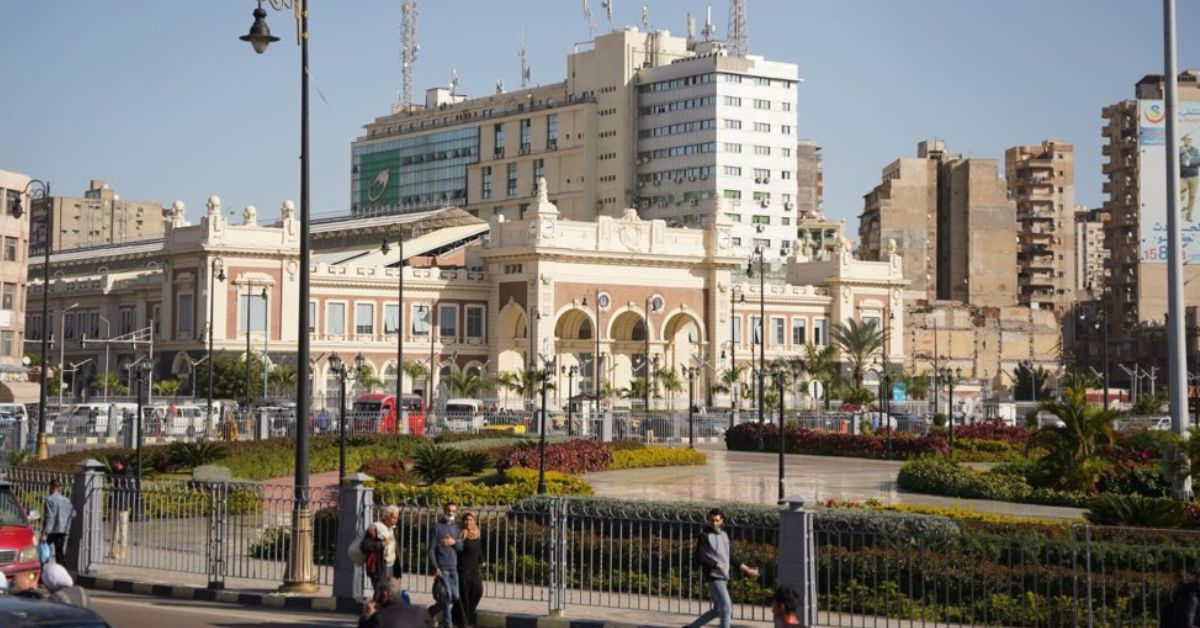CAIRO — As 2024 dawned, Egyptians were met with unwelcome news, foreshadowing a difficult year ahead. The Egyptian government began the year by raising prices on essential services, intensifying the economic burdens on its citizens.
Electricity prices soared by 16 to 26 percent, subway fares increased by 12 to 33 percent, and landline internet packages saw a significant rise of 33.3 percent. Mobile companies also announced package price hikes of 10 to 15 percent, starting in early February.
This sharp increase in prices highlights Egypt’s wider economic crisis, partly triggered by the withdrawal of foreign investments following the Ukraine war in 2022. The resulting capital flight has led to severe dollar shortages in Egypt, raising concerns about a potential debt default or restructuring.
Amid these challenges, Egypt’s foreign debt has surged by 257 percent over the last decade, hitting an alarming US$ 164.7 billion by June 2023, up from US$ 46 billion in 2014.
At A Glance * There has been significant price hikes across essential services in Egypt at the start of 2024. * Electricity, subway, and internet prices saw substantial increases; mobile packages also rose. * Egypt's economic crisis intensified following foreign investment withdrawal after the 2022 Ukraine war. * Egyptian foreign debt surged to US$ 164.7 billion by June 2023. * Egypt seeks to renew its IMF program, targeting up to US$ 6 billion. * Decline in hard currency sources, including a 30% drop in expatriate remittances. * Suez Canal revenues fell 40% in early January 2024 amidst Red Sea tensions. * Varied growth predictions for Egypt’s economy, with potential currency devaluation concerns. * Moody's downgraded Egypt's sovereign rating outlook to 'negative'. * Egypt faces the challenge of balancing economic reforms with citizen welfare.
The Struggle for Financial Stability
In an effort to stabilize its economy, Egypt is working to renew its International Monetary Fund (IMF) program, aiming to secure an initial three billion dollars and potentially increasing it to US$ 6 billion.
The IMF program, which was put on hold after Egypt received its first installment, depends on implementing crucial reforms, especially those concerning the exchange rate of the Egyptian pound.
Recently, the Egyptian Ministry of Finance identified sources to meet the external financing needs for the general budget until the end of the current fiscal year 2023-2024, estimated at US$ 4 billion.
Inflation Woes and Consumer Impact
While urban inflation in Egypt slightly decreased in December, consumer prices remained elevated, signaling persistent economic hurdles. Annual inflation fell to 33.7 percent from 34.6 percent in November, a modest decline partly due to the base year effect. On a monthly basis, inflation rose to 1.4 percent, up from 1.3 percent the previous month.
Food prices in Egypt have seen a staggering increase, with an overall rise of 64 percent in 2023. Meat and poultry prices soared by 86 percent, while fish prices climbed over 75 percent. Additionally, dairy, cheese, and egg prices faced substantial inflation, reaching 67 percent during the year.
Sources of Hard Currency and Remittance Decline
Egypt’s economy heavily depends on five main sources for hard currency: exports, tourism revenue, Suez Canal revenue, expatriate remittances, and foreign investments.
Ship transit rates have decreased by 30 percent, down to 544 ships compared to 777 the previous year, and tonnage has fallen by 41 percent.
Osama Rabie, Head of the Suez Canal Authority
However, remittances from Egyptians working abroad experienced a worrying decline in the first quarter of the current fiscal year, dropping by about 30 percent to US$ 4.5 billion. This decrease is attributed to diminished confidence in the Egyptian pound, challenges in the parallel currency exchange market, and government policies impacting imports.
Simultaneously, revenues from the Suez Canal dropped around 40 percent in the first 11 days of January 2024, amid Red Sea tensions, as stated by Osama Rabie, head of the Suez Canal Authority.
Rabie noted: “Ship transit rates have decreased by 30 percent, down to 544 ships compared to 777 the previous year, and tonnage has fallen by 41 percent.”
Economic Growth Predictions and Exchange Rate Concerns
Forecasts for Egypt’s economic growth in the fiscal year 2023-2024 vary among international financial institutions. The International Monetary Fund and the World Bank provide conservative estimates of 3.6 percent and 3.7 percent, respectively, while Citigroup projects a more optimistic growth rate of 4.4 percent.

Yet, the potential for further devaluation of the Egyptian pound casts uncertainty over these predictions. Despite the official exchange rate being fixed at 30.9 per US dollar, considerably lower than the black market rate of 53 pounds to the dollar, there remain concerns about possible inflationary effects and the overall stability of the Egyptian economy.
At the same time, Moody’s Investors Services downgraded Egypt’s sovereign rating outlook from ‘stable’ to ‘negative,’ while maintaining the country’s credit rating at Caa1.
As 2024 begins, Egypt faces formidable economic challenges, including rising prices, escalating foreign debt, declining remittances, and exchange rate uncertainties. The government’s efforts to address these issues, rekindle the IMF program, and stimulate economic growth will be under close scrutiny.
As Egyptians prepare for the year ahead, achieving a delicate balance between implementing economic reforms and lessening the burden on citizens is crucial. This balance is vital to ensure a sustainable and resilient future for the nation.








